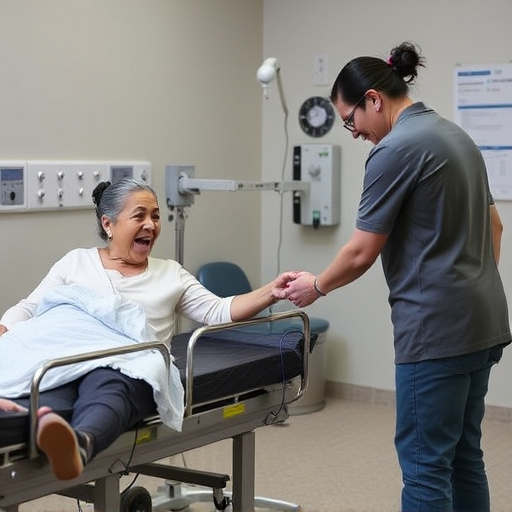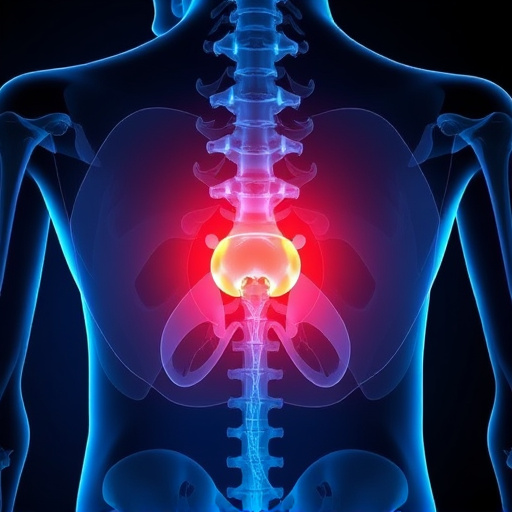Military injury treatment requires personalized plans addressing physical, psychological, and sensory impairments unique to service members. Tailored treatments combine medical interventions, specialized therapy, and rehab services like shockwave therapy for optimal recovery outcomes, enhancing quality of life post-injury. Holistic approaches integrating CBT and innovative therapies, alongside traditional care, successfully address invisible injuries like PTSD while fostering mental, emotional, and social well-being.
Personalized approaches are transforming military injury treatment, recognizing that each service member’s experience is unique. This article delves into three key strategies for enhancing recovery outcomes: understanding complex injury profiles, tailoring treatment plans to individual needs, and adopting holistic healing methods. By focusing on these aspects, military healthcare providers can offer more effective care, ensuring that every service member receives the best possible support for their specific injuries. Explore these innovative practices in the context of military injury treatment.
- Understanding Unique Military Injury Profiles
- Tailoring Treatment Plans for Individual Needs
- Holistic Approaches to Enhance Recovery Outcomes
Understanding Unique Military Injury Profiles

Military service members face unique challenges that can lead to complex injuries, requiring personalized approaches in their treatment. Understanding each individual’s specific injury profile is paramount when devising effective military injury treatment plans. These profiles often include a mix of physical, psychological, and sensory impairments, which can vary widely from one service member to another. Recognizing these differences is crucial for healthcare providers to offer tailored care.
For instance, conditions like herniated discs or pinched nerves are common in military populations due to the physically demanding nature of their duties. Effective treatment for these issues might involve a combination of medical interventions, specialized physical therapy, and post-accident rehabilitation techniques. This personalized approach ensures that each service member receives optimal care, catering to their unique needs and contributing to successful recovery outcomes.
Tailoring Treatment Plans for Individual Needs

In the realm of military injury treatment, a personalized approach is paramount to ensuring optimal recovery. Each service member experiences trauma uniquely, and their road to healing should reflect this individuality. Tailoring treatment plans for military personnel with complex injuries involves a multifaceted strategy that goes beyond one-size-fits-all solutions. Healthcare professionals must consider not only the physical aspects of injury but also psychological well-being, social support systems, and unique life circumstances.
By integrating specialized rehab services such as shockwave therapy for delayed healing or targeted sciatica treatment for nerve-related pain, medical teams can address specific challenges faced by veterans and active duty personnel. This customized care approach not only speeds up recovery but also enhances the overall quality of life post-injury. Recognizing and catering to individual needs fosters a more effective and compassionate military healthcare system.
Holistic Approaches to Enhance Recovery Outcomes

In addressing complex military injury treatment, a holistic approach is increasingly recognized as a game-changer in enhancing recovery outcomes. This method considers not just the physical aspects of an individual’s injury, but also their mental, emotional, and social well-being. By integrating specialized therapies such as cognitive-behavioral therapy (CBT) alongside traditional medical care, service members can receive comprehensive support tailored to their unique experiences. This holistic perspective is especially crucial for those dealing with invisible injuries like post-traumatic stress disorder (PTSD), which often co-occur with physical trauma.
Such an approach also extends to innovative strategies for injury rehabilitation, focusing not only on restoring physical function but also fostering psychological resilience. Customized post-injury care plans that incorporate activities such as yoga, art therapy, and group support sessions have shown promising results in promoting auto accident recovery and improving overall quality of life. This multifaceted strategy ensures that service members receive the best possible care, addressing both their immediate medical needs and their long-term mental health and social integration.
Personalized approaches are transforming military injury treatment, addressing complex needs with tailored strategies. By understanding unique injury profiles and adopting holistic methods, we can significantly enhance recovery outcomes for service members. This individual-centric approach, focused on both physical and mental well-being, ensures that the diverse range of military injuries receive the specialized care they deserve, ultimately improving quality of life post-injury.














